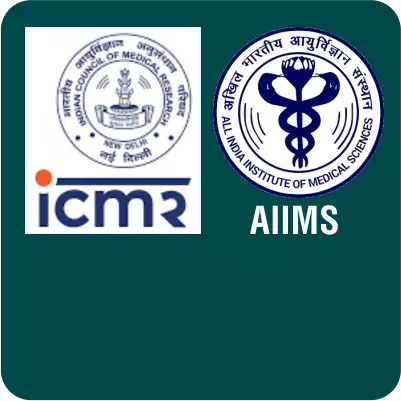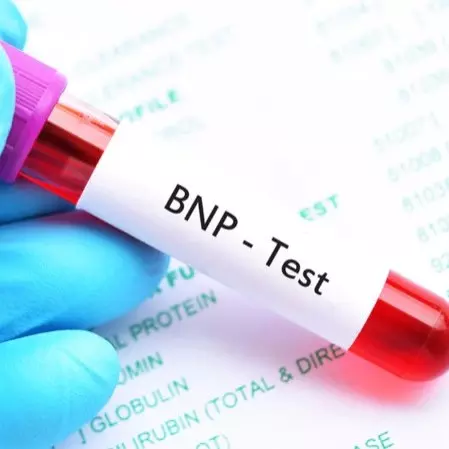
Natriuretic peptides are proteins that your heart and blood vessels make. Natriuretic peptide tests measure the amount of these proteins in a sample of your blood. They are mainly used to help confirm or rule out heart failure in people who have symptoms.
The BNP tells your blood vessels to open wider and your kidneys to get rid of water and salt through urine (pee). This helps reduce the workload on your heart by lowering blood pressure and reducing the amount of blood your heart has to pump.
|
|
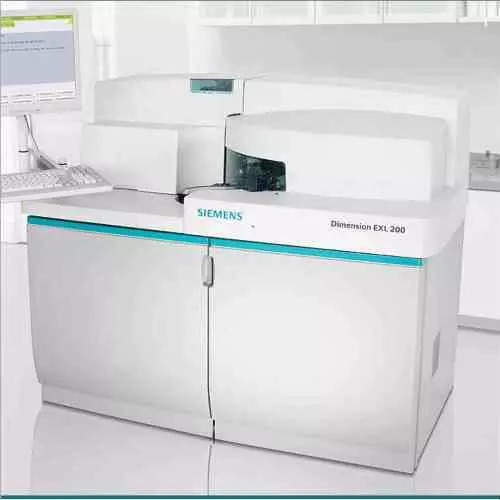
If a person with shortness of breath has normal BNP or NT-proBNP levels, heart failure can usually be ruled out. If high BNP or NT-proBNP levels are found, other tests will usually be done to confirm that heart failure is causing the symptoms.
For people who have already been diagnosed with heart failure, the test may be used to:
![]() Find out how serious their heart condition is
Find out how serious their heart condition is
![]() Predict the chances that their condition will get worse
Predict the chances that their condition will get worse
![]() Check if an increase in symptoms means that heart failure has gotten worse
Check if an increase in symptoms means that heart failure has gotten worse
|
|

Normal results on a BNP or NT-proBNP usually mean that you're unlikely to have heart failure. Your provider may order other tests to find out what's causing your symptoms.
Higher than normal levels of BNP or NT-proBNP mean that you could have heart failure. Your provider will probably order other heart health tests to help make a final diagnosis.
In general, results of less than 100 picograms/milliliter (pg/mL) suggest a person does not have heart failure.
A result greater than 100 pg/mL is abnormal. The higher the number, the more likely heart failure is present and the more severe it is.
|
|
What does the BNP Test Measure ?
Natriuretic peptides are proteins that your heart and blood vessels make. Natriuretic peptide tests measure the amount of these proteins in a sample of your blood. They are mainly used to help confirm or rule out heart failure in people who have symptoms.
Why should I do the BNP Test ?
You may need a BNP test or an NT-proBNP test if you have symptoms that could mean you have heart failure. These include:
![]() Feeling short of breath
Feeling short of breath
![]() Fatigue and/or general weakness
Fatigue and/or general weakness
![]() Coughing
Coughing
![]() Inability to sleep lying flat
Inability to sleep lying flat
![]() Needing to urinate (pee) a lot, especially at night
Needing to urinate (pee) a lot, especially at night
![]() Loss of appetite and nausea
Loss of appetite and nausea
How is the BNP Test Done ?
The BNP test is a simple blood test with no need for fasting before the test. The blood sample can be taken by the phlebotomist at a pathology lab or at home. At NABL Certified Maurya Labs the test is done on a machine called Fully Automatic Hormone Analyzer. The sample collection takes less than a minute.
How often should BNP Test be Done ?
A BNP test is not a routine test. It is done only on the advise of the doctor when the doctor sees the symptoms of heart failure. People with symptoms mentioned above are required to get the test done. The test may be repeated after the treatment to check the improvement.

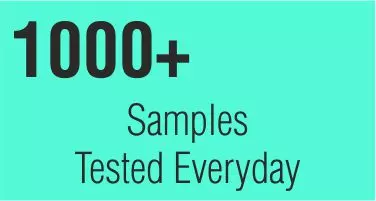

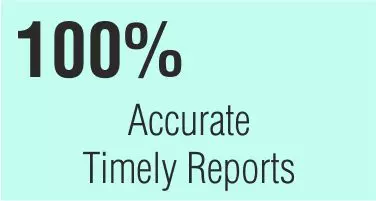
| Most Important Test in any Disease | |
| 22 Parameters Covered | |
| No Preparation Required | |
| Done on 6 Part Hemoanalyzer - First in Seemanchal | |
| Read More |
|
|
| Most Important Test in Women | |
| 3 Parameters – T3, T4,TSH | |
| No Preparation Required | |
| Done on Fully Automatic Thyroid Analyzer Centaur CP from USA | |
| Read More |
|
|
| Most Important Test for Diabetics | |
| Gives average sugar over 3 months | |
| No Preparation Required | |
| Done on Glycohemoglobin Analyzer, Bio Rad from USA |
|
| Read More |
|
|
| Most Popular Health Checkup for Sugar and High BP patients |
|
| 75 Parameters Covered | |
| 12 Hours Fasting Required | |
| Total Cost Rs. 8210 Discount Rs. 4210 | |
| Read More |
|
|
| Full Body Checkup in Men aged less than 50 Years |
|
| 125 Parameters Covered | |
| 12 Hours Fasting Required | |
| Total Cost Rs 10710 Discount Rs 5510 | |
| Read More |
|
|
| Full Body Checkup in Women aged less than 50 Years |
|
| 130 Parameters Covered | |
| 12 Hours Fasting Required | |
| Total Cost Rs 12710 Discount Rs 6510 | |
| Read More |
|
|
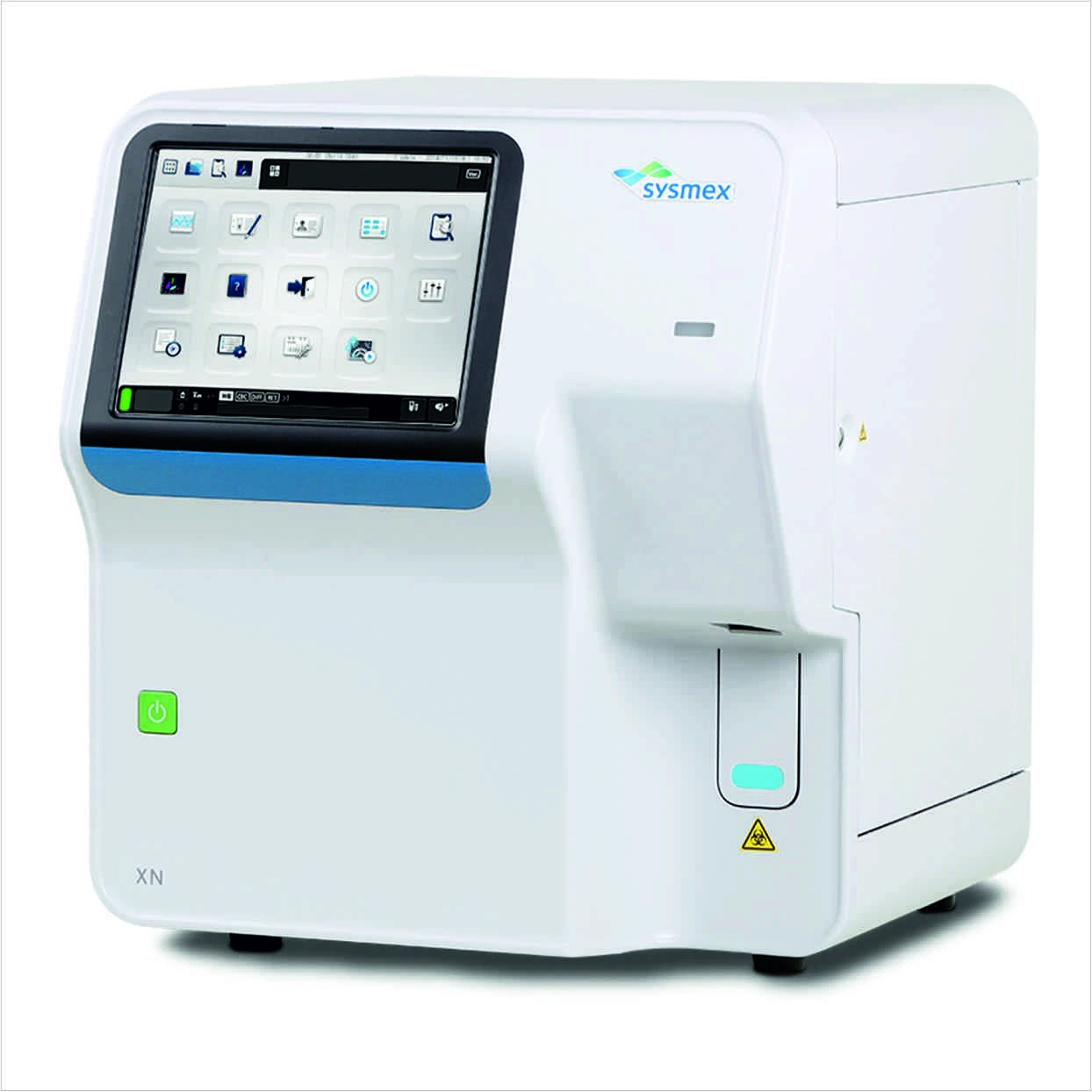
Know Your Blood Count
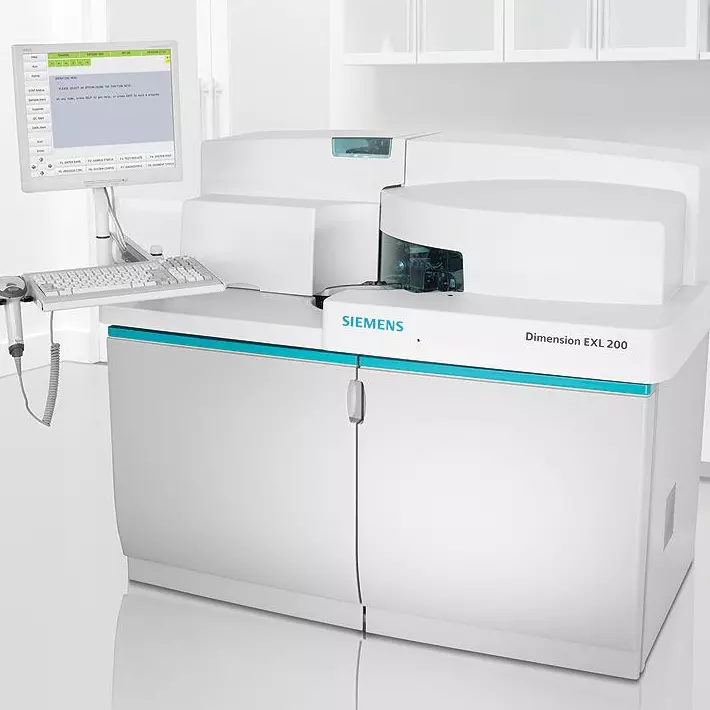
Checking Organ Health
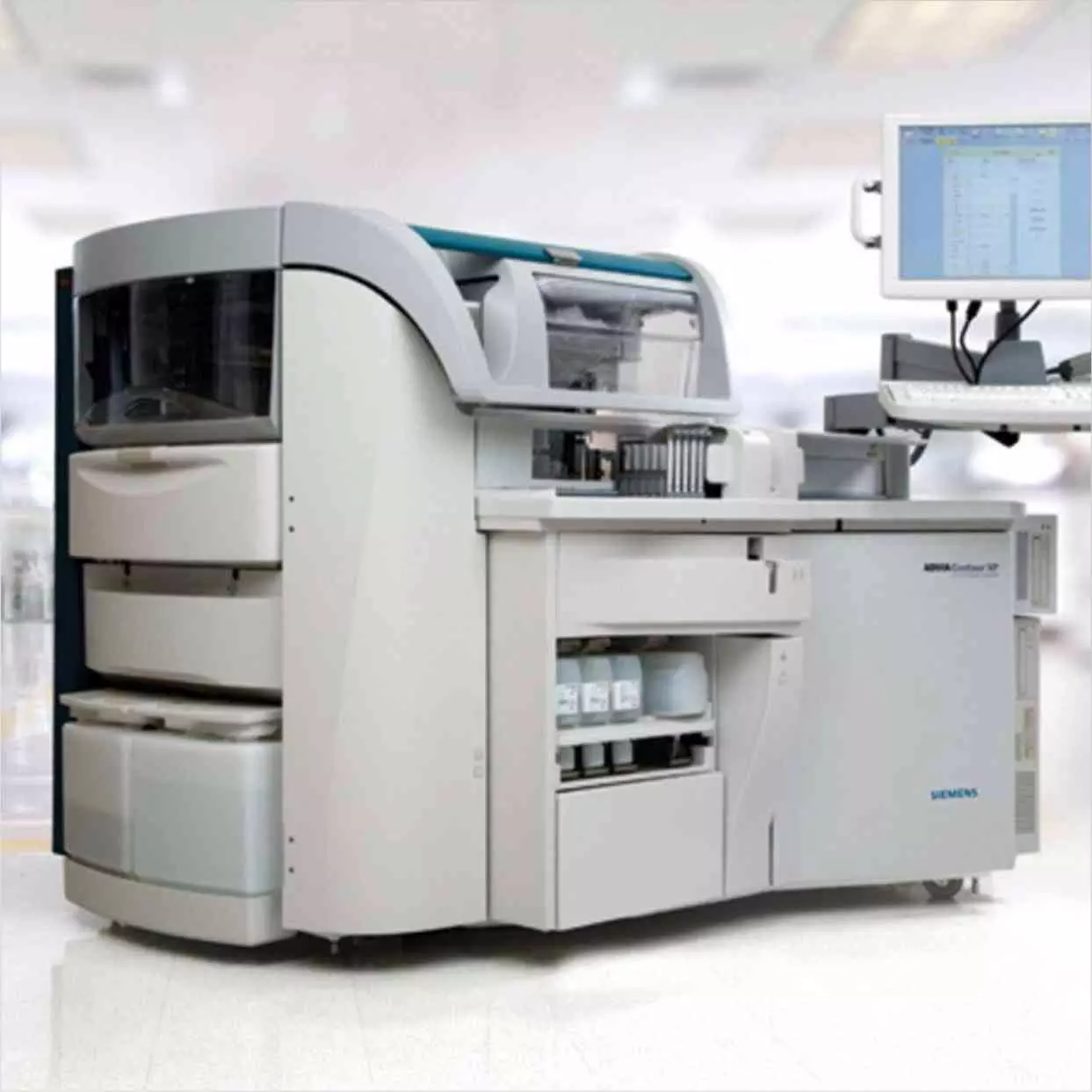
Hormonal Balance

Infections in the Body



